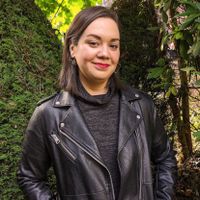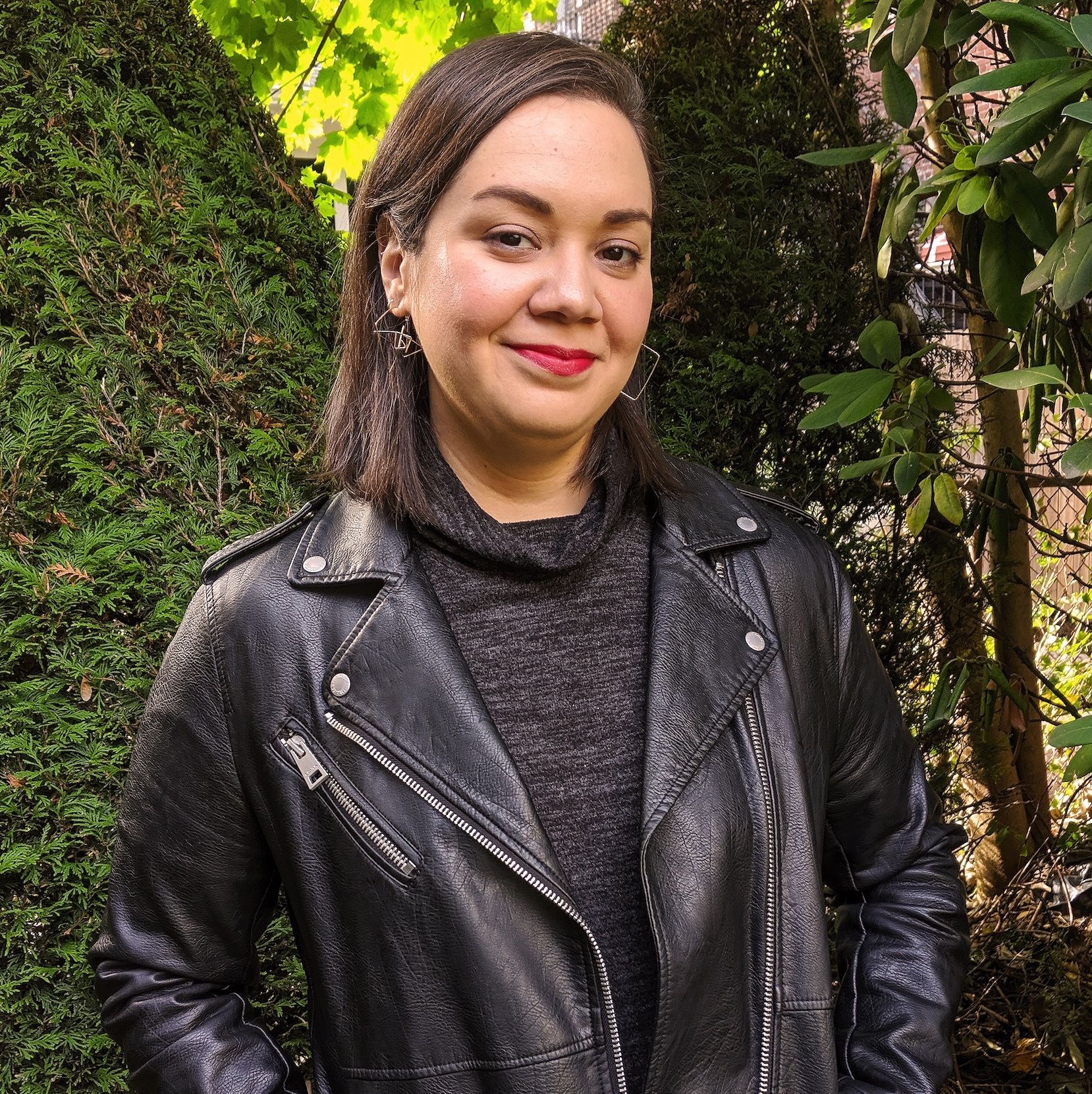"Change Was Way Overdue": How Mary J. Blige Found Her New Sound—and Amy Winehouse—in London
Her new documentary The London Sessions premieres at Tribeca.
Last year, Mary J. Blige felt stuck. Kind of a big deal when you're an unofficial queen known for your insanely awesome creative output. See: 11 studio albums, 10 headlining tours, and 9 Grammy Awards. So she packed her bags and booked a flight for Heathrow.
Enter, The London Sessions, her most unexpected, most emotional, most amazing album yet. Really, it's perfect—a blend of pop-y R&B, '90s house, and soul that'll make you want to dance and weep and everything in between.
Blige filmed the entire experience—writing and recording with the likes of Sam Smith, Disclosure, and Emeli Sandé over ten days in London—for a documentary that premiered at the Tribeca Film Festival this week. After watching the 45-minute film, we sat down with Blige to talk about the process, her connection to Amy Winehouse, and how she isn't stuck anymore thankyouverymuch.
Marie Claire: Recording The London Sessions—the documentary and the album—was a total departure in sound and process for you. Was it scary?
Mary J. Blige: I think the scariest part was when I was done with everything. As far as taking the leave, making the change is something I needed to do and I was ready to make it. Change was way overdue. But when it was all done, it was like, Oh man. I hope my fans love it.
MC: How different in the U.K. music scene from the scene stateside?
MJB: Soul music is leaving the U.S. music scene. Over there, they never abandoned soul, and that's why you have artists like Amy Winehouse, Sam Smith, Adele, so many soulful singers that come from there. And you have an artist like a Chaka Khan, or even a Patti LaBelle, who can go over there and have a number one record right now because nobody cares about how old or—they just care about the actual art and the music.
Get exclusive access to fashion and beauty trends, hot-off-the-press celebrity news, and more.
MC: You describe your time in London as "a release from the box." What is that box?
MJB: The box is Queen of Hip-Hop and Soul. Queen of R&B. You know what I'm saying? And it was just a release from that. Like, OK, I'm Queen of Club Music. Queen of Pop Music, just Queen of Music, Period.
MC: How did the experience change you?
MJB: It was liberating. There's a sense of freedom that I have right now that I didn't have before. Even after I did songs with Bono, and Sting, and Elton John, and George Michael—I felt free because it was something different, but I never felt like I was out of the box. But once I did this, I just kind of completely liberated myself.
MC: One of the most emotional moments of the documentary is when you meet Amy Winehouse's father, Mitchell Winehouse, for the first time. What was it about Amy that made you feel such a strong connection?
MJB: I always had a connection to Amy—I've been a fan of hers since day one and I wanted to say those things to her. I've always said when she was living, and I would see her in the tabloids going through all this stuff, and it would be like really bad pictures of her, I just felt like, I gotta get to this girl. I have to get to her. But I never got to her and I even sent messages and I told people, "I want to talk to her." But I never could. So I didn't want to go to London and not make that connection. And turns out it was actually the week of the anniversary that she had passed when I spoke to her father, so I actually had a chance to hug Amy and tell Amy those things through her dad.
MC: During the writing and recording process in the film you mention feeling not clouded in this experience, that there were times you had been. What did you mean?
MJB: There's not any confusion about what I want versus what I don't want. Everything is just clear, when a lot of times, you know, it hasn't always been that clear. That this particular time, it was so crucial to change; I wasn't letting anything block it—not even me.
MC: You talk a lot about identity in The London Sessions, that you're "always going to be Mary." So, who is Mary?
MJB: Mary is probably one of the most—how can I say it—she's a giver. She's a giver of self. She understands why there's so many trials and to not whimper and cry. Staying up there to show someone else how to get through them, that's what she gives. She gives her life to save someone else's life. That's kind of what I see: A person who always wants to help.
MC: That giving part is part of what, I think, makes you feel accessible to fans. Like there isn't a wall up.
MJP: Well, there is no wall. I don't even know how to put a wall up.
MC: Your biggest fear is being stuck—has this experience helped you conquer that fear?
MJP: One-hundred percent.
MC: Do you miss the fish and chips?
MJB: Yes. From Seashell! They have the best fish and chips. Oh, you're making me hungry.
You should also check out:
President Obama's New Social Secretary Used to Be a Hip-Hop Journalist
Photo Diary: Inside the Cool, Vintage-y Life of an Up-and-Coming Jazz Singer
You'll Get an Intimate Look at Rihanna's Life Through This New Documentary
As deputy editor, Jen oversees Cosmopolitan's daily digital editorial operations, editing and writing features, essays, news, and other content, in addition to editing the magazine's cover stories, astrology pages, and more. Previously, Jen was a senior editor at Marie Claire. Before that, she worked at GQ.

